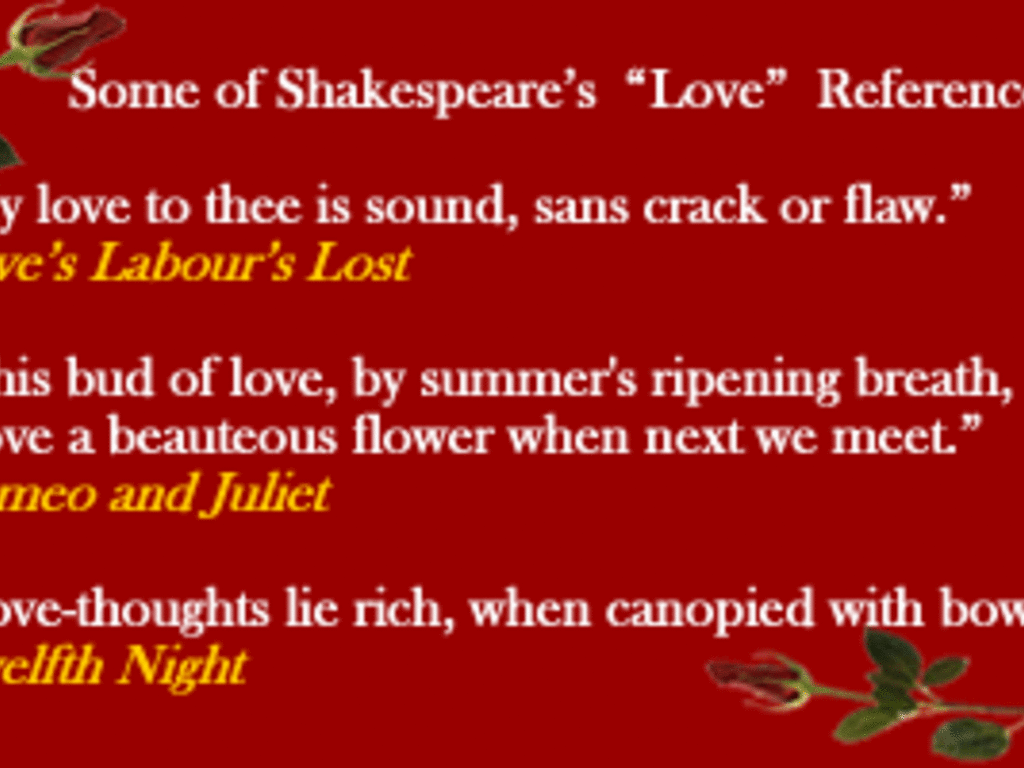Ask Professor Michael Leslie what comes to mind when he thinks of love and William Shakespeare, and he responds with a few anecdotes from the writer’s love life:
“We know a bit about Shakespeare as an individual,” says Leslie, who is dean of Rhodes’ British Studies At Oxford program. “We know that he marries young for the period, when he was 18, to a woman who is clearly already pregnant on the wedding day and significantly older. They end up having several children, but he spends his life away from them, in London. In his will, he leaves his wife his second best bed, which may seem odd to us, but really was not odd for the period, because in that time, you left your best bed to your child.”
We only have fragments of information about Shakespeare’s life, and so it can be tempting to try to fill in details from his plays and Sonnets, which Leslie calls “some of the greatest love poetry in our language.” But Leslie cautions against assuming his work is autobiographical.
Centuries later, audiences worldwide still read his work with intensity and wonder. “One of the reasons we are still so fascinated by Shakespeare is precisely because, for 400 years, other people have been reading him,” says Leslie. “So here we have an amazing tradition of reading his work and seeing his plays. When we respond to Shakespeare, we share an experience with the living and the dead. It’s simultaneously a deeply private and wonderfully communal phenomenon. An extraordinary thing about his sonnets is that most people who read those poems will feel that they are very contemporary to them personally, even though Shakespeare is also very much of his own time. But he speaks to every generation in a way that only the greatest writers can, speaking about emotions and experiences that are central to our sense of our innermost and most intimate selves.”
Leslie, who is currently teaching a class on Shakespeare, adds that people are often surprised to discover that the majority of Shakespeare’s sonnets were written about love for a young man. “The sonnets are usually an older person writing to a younger person or about his relationship with a younger person, which is another thing that gives them enormous richness.”
Leslie says that among his favorites is Sonnet 64:
When I have seen by Time’s fell hand defaced
The rich proud cost of outworn buried age;
When sometime lofty towers I see down-razed
And brass eternal slave to mortal rage;
When I have seen the hungry ocean gain
Advantage on the kingdom of the shore,
And the firm soil win of the watery main,
Increasing store with loss and loss with store;
When I have seen such interchange of state,
Or state itself confounded to decay;
Ruin hath taught me thus to ruminate,
That Time will come and take my love away.
This thought is as a death, which cannot choose
But weep to have that which it fears to lose.
“Here, you can see a meditation on the inevitability of the passage of time, and what that means for your sense of loving someone, and being loved by someone. This wonderful poem ends with lines that are utterly penetrating and utterly obscure – a mind grappling with some of the biggest and most intimate issues we all face.”
Rhodes Professor Scott Newstok also teaches courses on Shakespeare and agrees with Leslie that one of Shakespeare’s best romantic comedies is “As You Like It.”
“Part of the dramaturgical ingenuity of ‘As You Like It’ relates to the fact that boy actors played female roles on the Shakespearean stage,” says Newstok. “Thus, a boy actor is playing the female role Rosalind, who falls in love with Orlando but later cross-dresses as ‘Ganymede’ (a classical figure with homoerotic overtones) and tells an apparently unsuspecting Orlando that he ought to call her “Rosalind” and practice his wooing on her. So you have a boy playing a woman, cross-dressing as a man, pretending to be a woman – there are fascinating gender dynamics at play in their love.”
Newstok’s late predecessor at Rhodes, Dr. Cynthia Marshall, edited a version of “As You Like It” which focused on its performance history. This April, Rhodes’ McCoy Theatre will present a production of the play under the direction of Nick Hutchison, who also directed McCoy Theatre’s highly-praised “Twelfth Night” in 2011. In addition, Hutchison has performed many of the romantic leads in Shakespeare’s works, including Romeo and Benedick in “Much Ado About Nothing.” The Rhodes production will run April 12-21.
For more information about Shakespeare-related events presented at Rhodes, and the Iris Pearce Shakespeare Endowment that supports them, visit http://www.rhodes.edu/Shakespeare
(information compiled by Rhodes Student Associate Lucy Kellison ’13)
